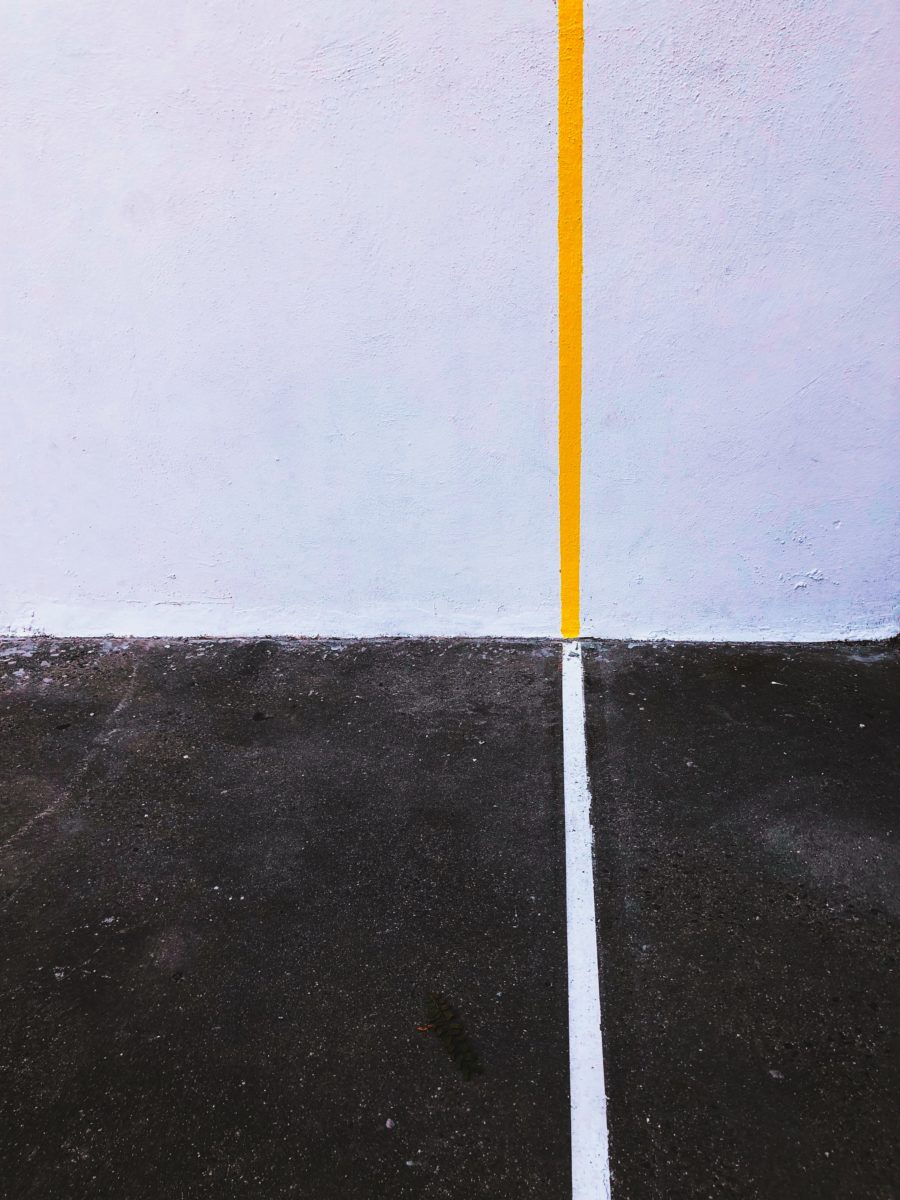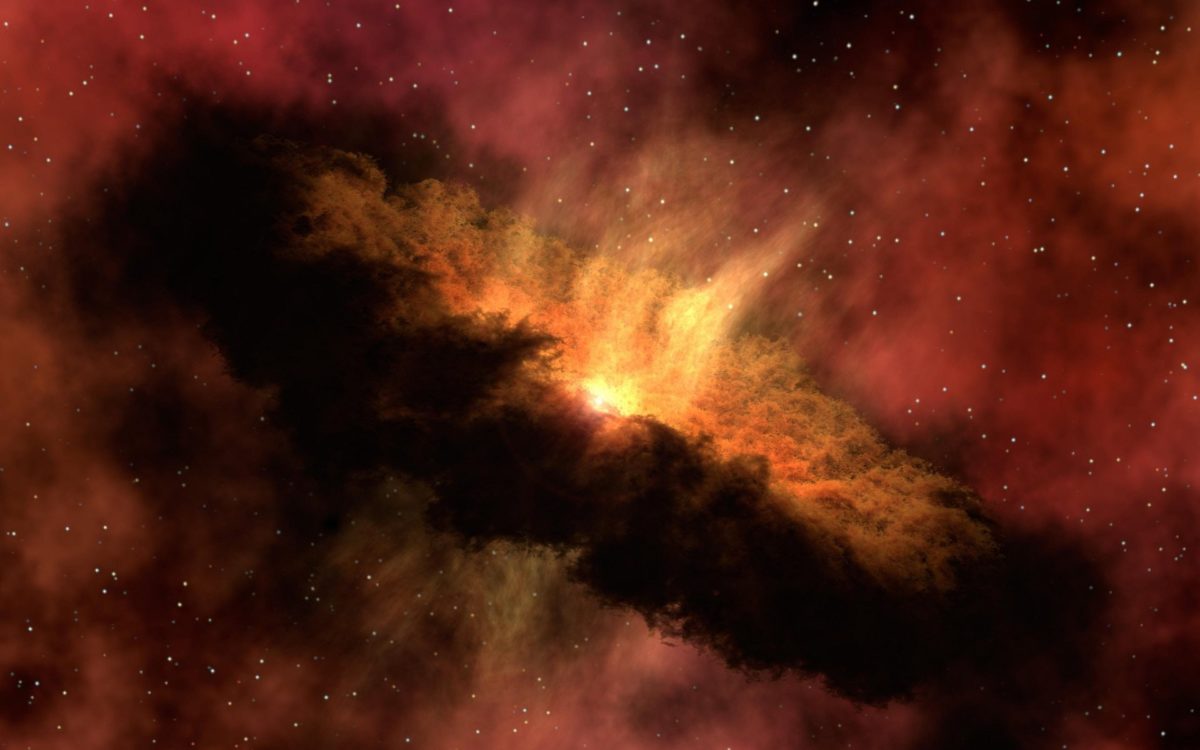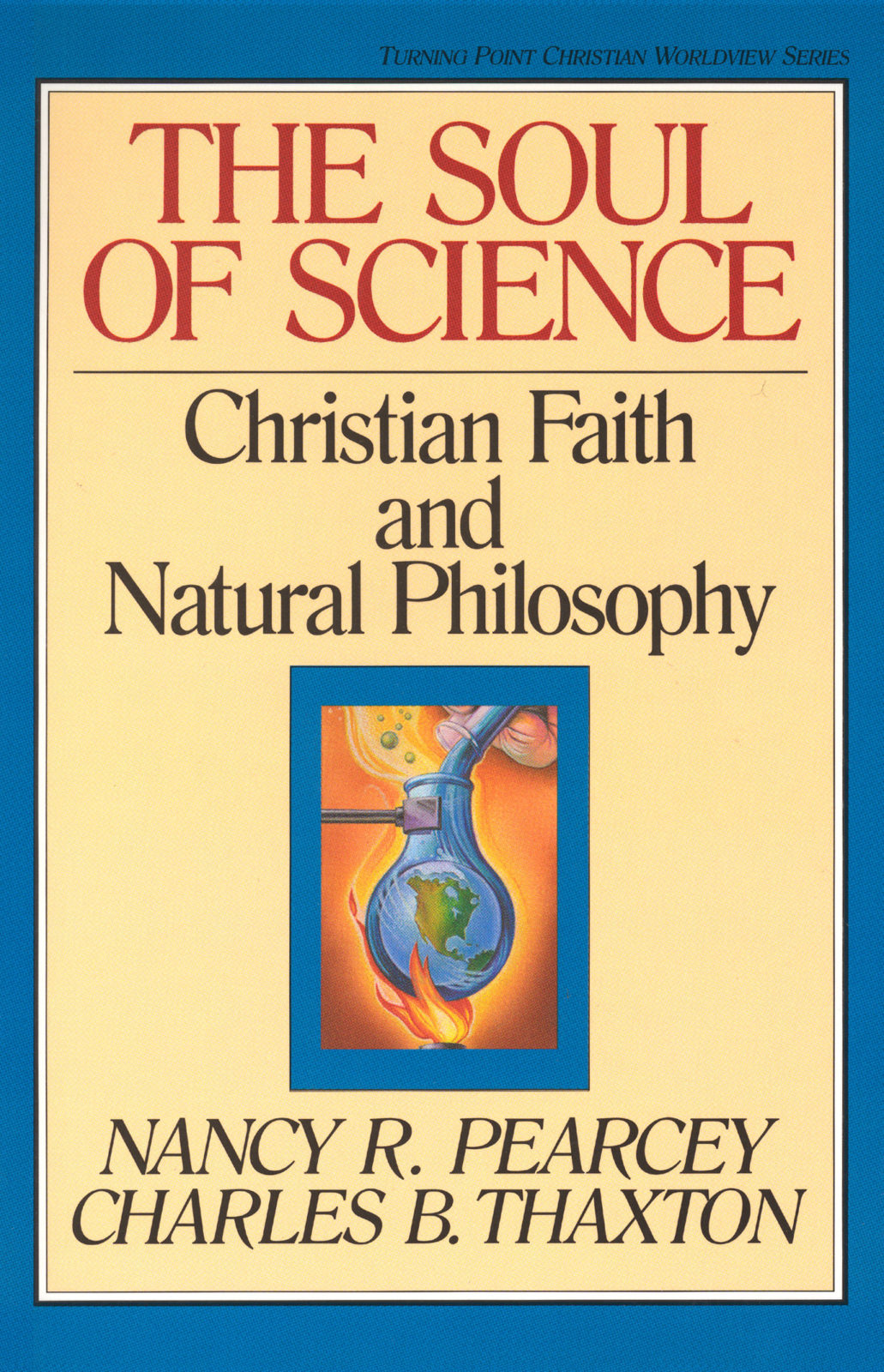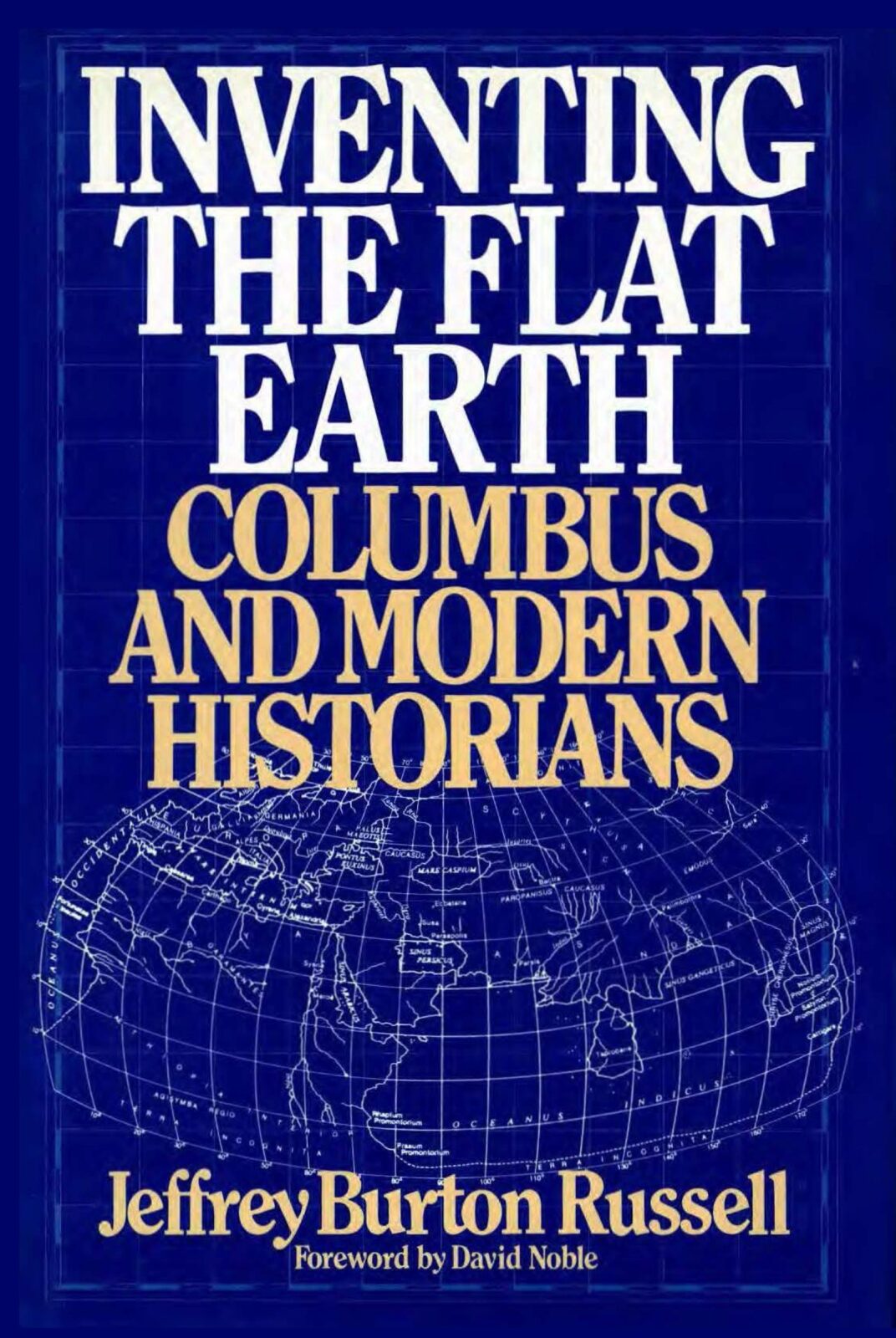
The Meanings of Evolution
“Evolution and the theories of evolution are fundamentally different things,” testified zoologist Maynard M. Metcalf, the first expert witness for the defense in the 1925 Scopes trial. Metcalf’s observation at the “trial of the century” officially marked the beginning of public discussion of the different meanings of evolution for the purposes of science education. “The fact of evolution is a …




